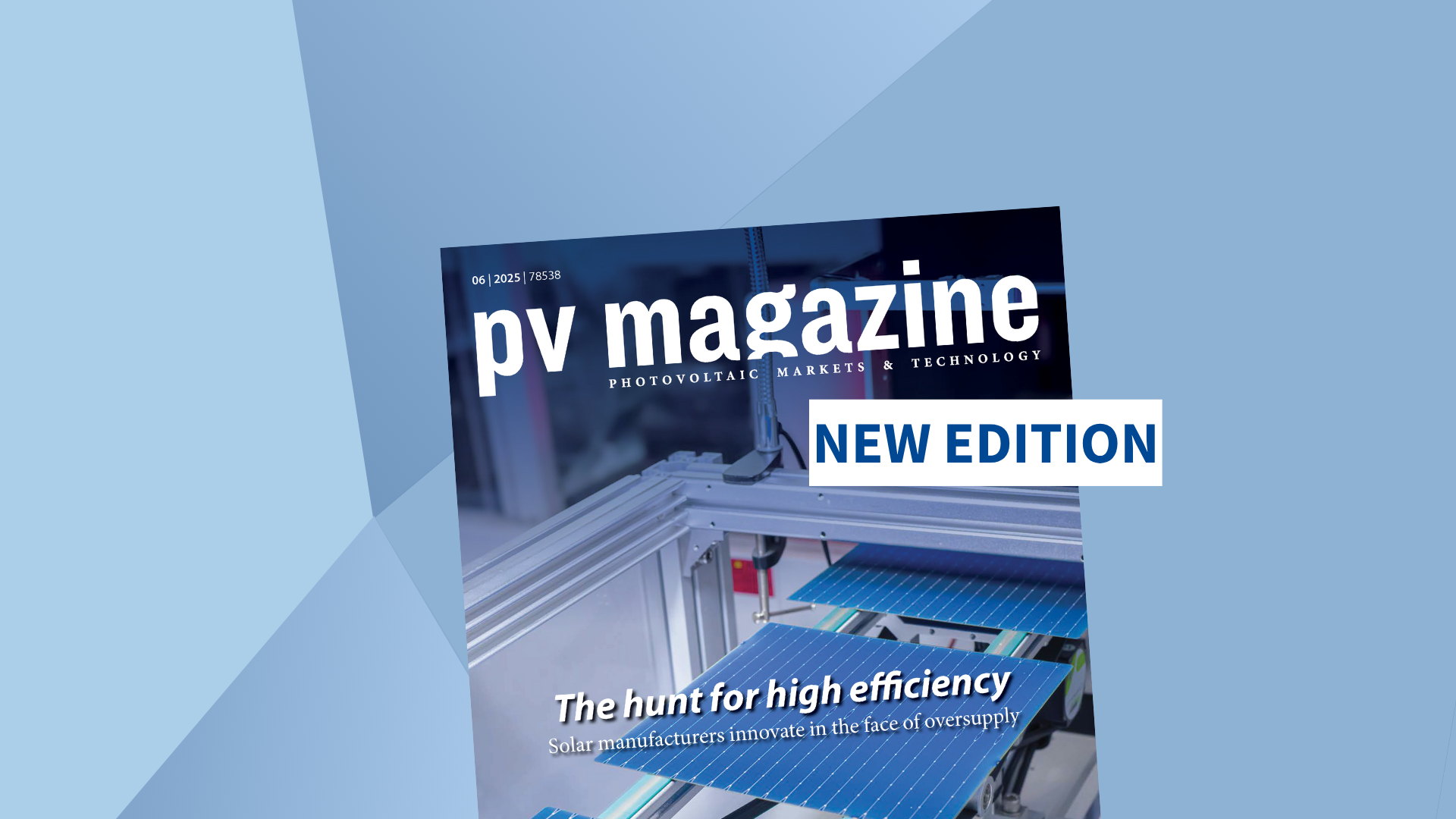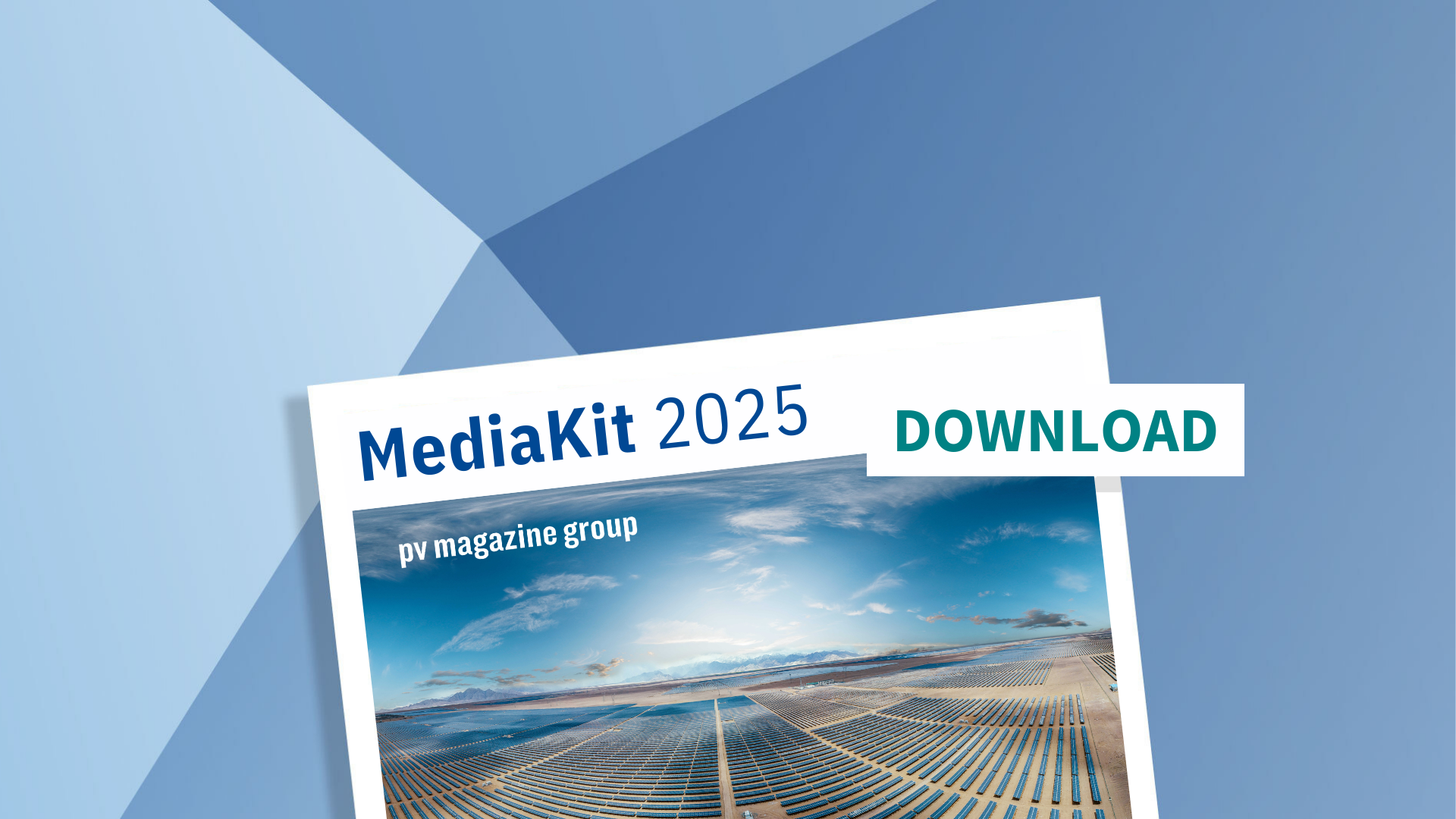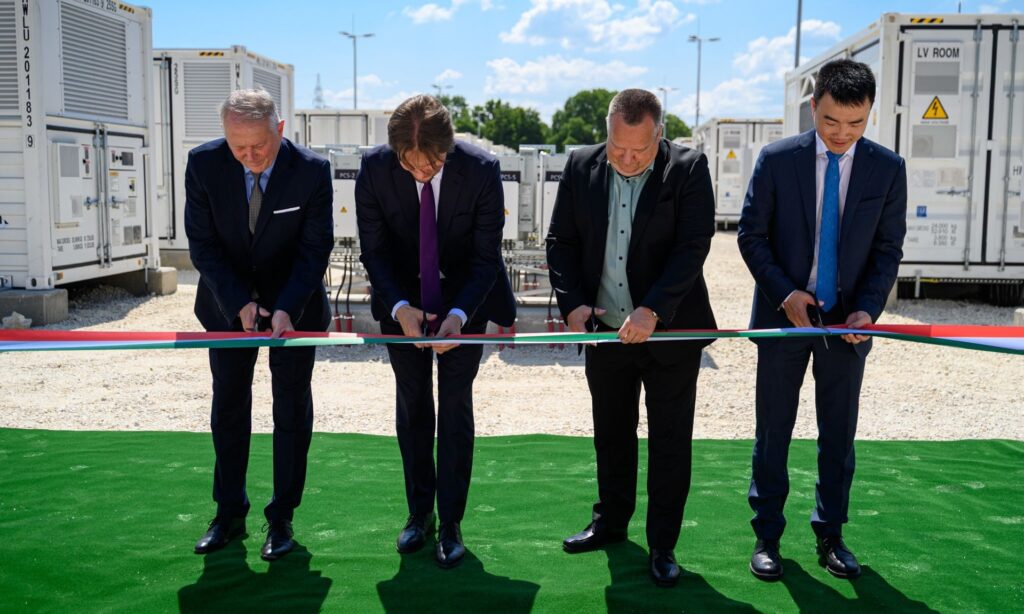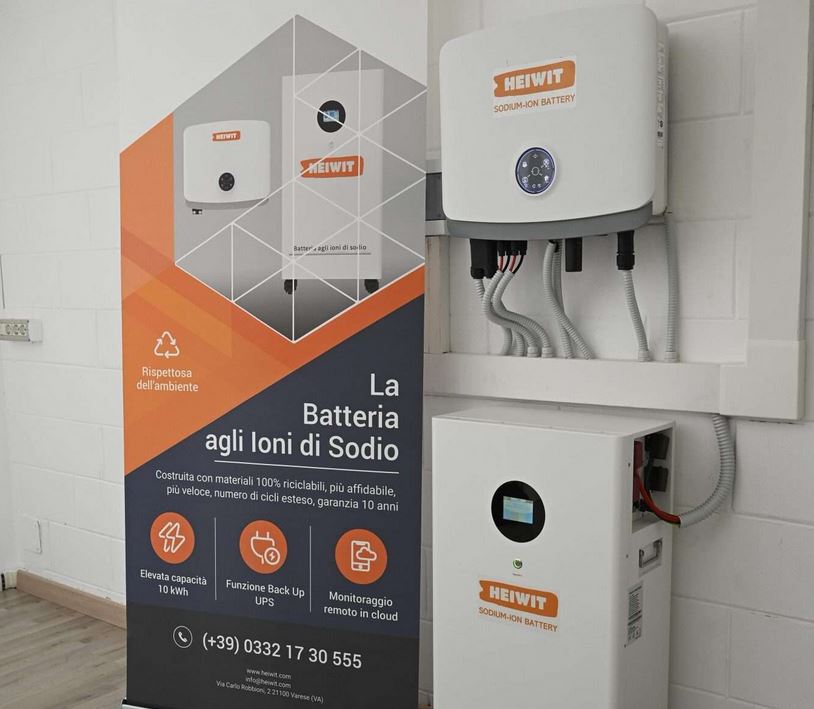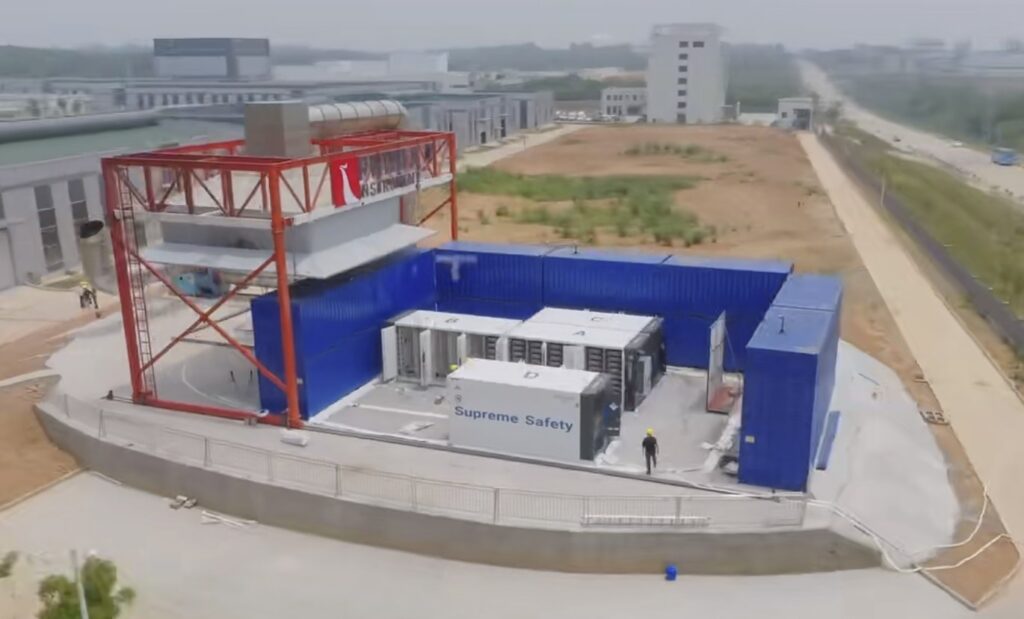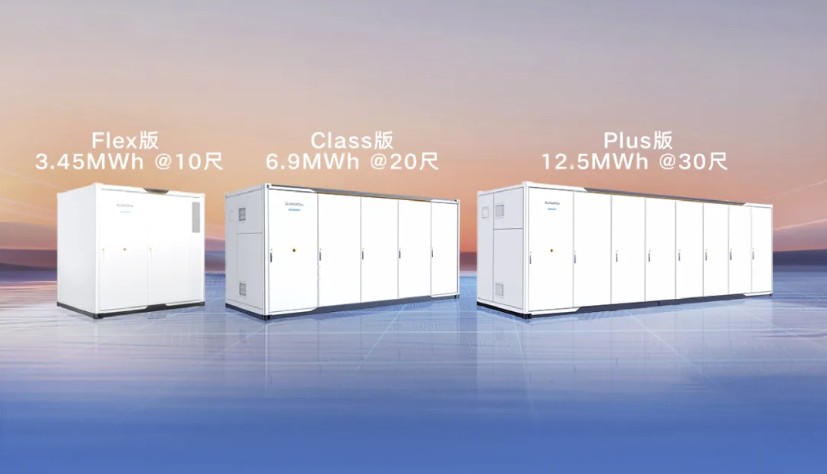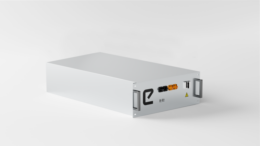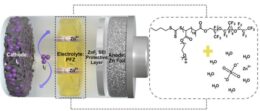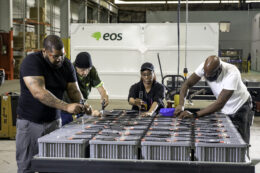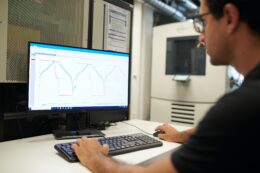Indian initiative to commercialize new zinc-ion battery technologies
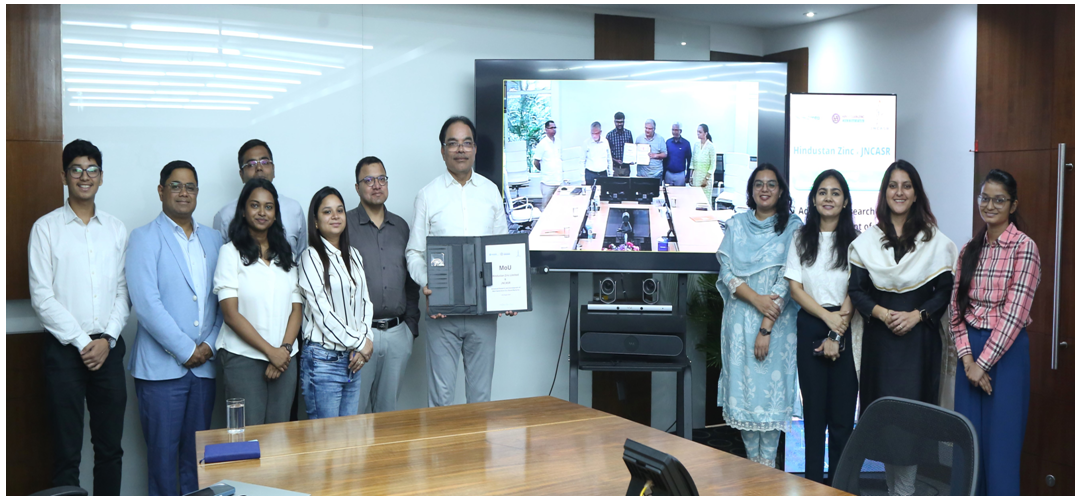
Less than one month after it announced its strategy to focus on developing new zinc applications in batteries, minerals mining heavy hitter Hindustan Zinc is entering into a partnership with an Indian research institute.
The company, which is the second largest global integrated zinc producer, has access to vast domestic zinc reserves, and intends to explore new avenues of zinc applications in batteries to the benfit of its shareholders, it said in a statement earlier in August.
Now, Hindustan Zinc’s partnership with the Jawaharlal Nehru Centre for Advanced Scientific Research (JNCASR), based in Bangalore, will provide an avenue for industry and scientists to work together to develop and commercialize new zinc-ion battery technologies.
As one of the world’s leading zinc producers, Hindustan Zinc is ready to make good use of its market advantage. However, to realize its plan to commercialize zinc-ion batteries as a viable alternative to lithium-ion batteries, it has to stabilize zinc’s performance.
There are some issues with zinc-based batteries that need to be worked on, such as the material’s thermodynamic instability with water-based solutions.
Attempting to rectify these issues will be the focus of researchers at JNCASR. The institute already has a track record in zinc battery research thanks to a group led by professor Premkumar Senguttuvan.
Following the memorandum of understanding (MoU) between the research institute and Hindustan Zinc, the group will work on developing new zinc alloys for use as anodes in zinc-ion batteries and electrolytes for their application in rechargeable batteries.
Senguttuvan plans to tweak the structure and chemical compositions of alloys and electrolytes to increase the life and safety of battery devices.
Much of the JNCASR’s work is funded by the Department of Science and Technology in India. Senguttuvan leads the Energy Storage and Conversion Lab at the center. As part of the commercialization push, his group will demonstrate zinc-ion pouch batteries with the view to scaling them for large-scale operations.

